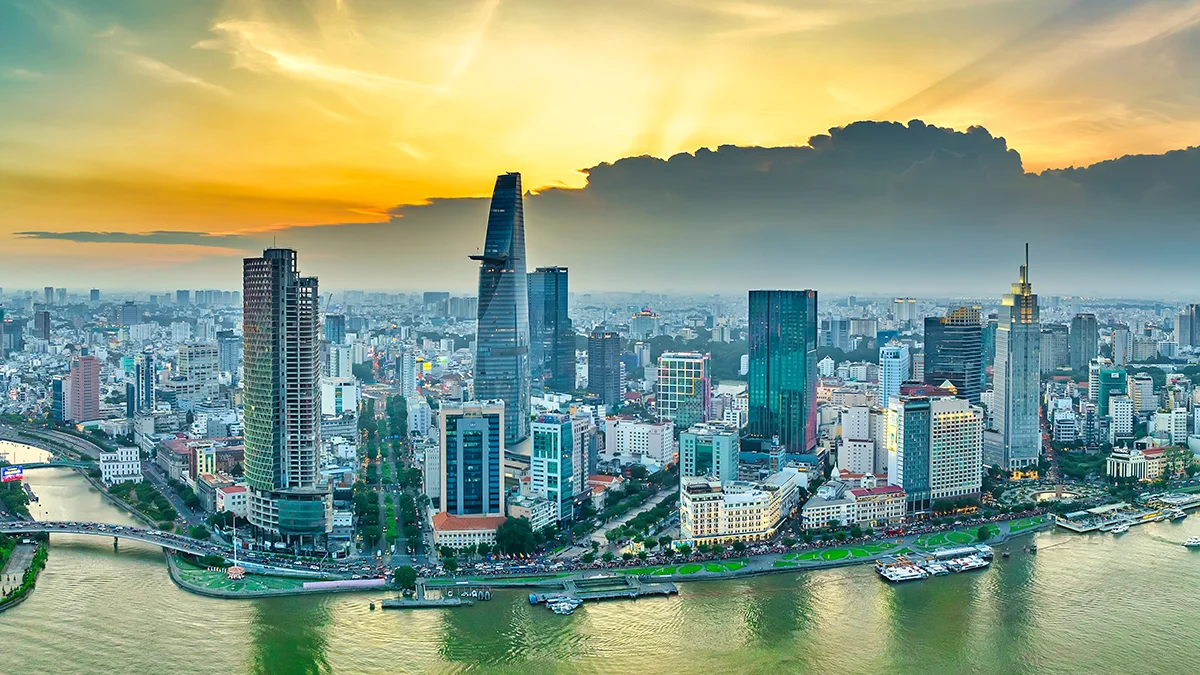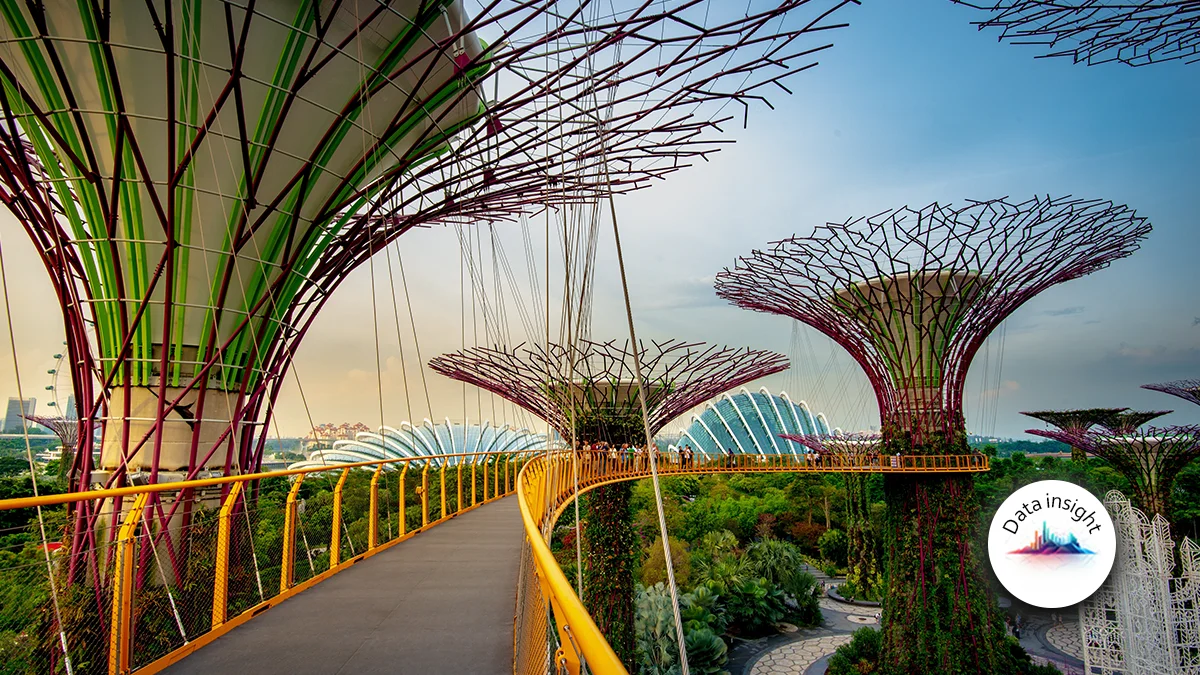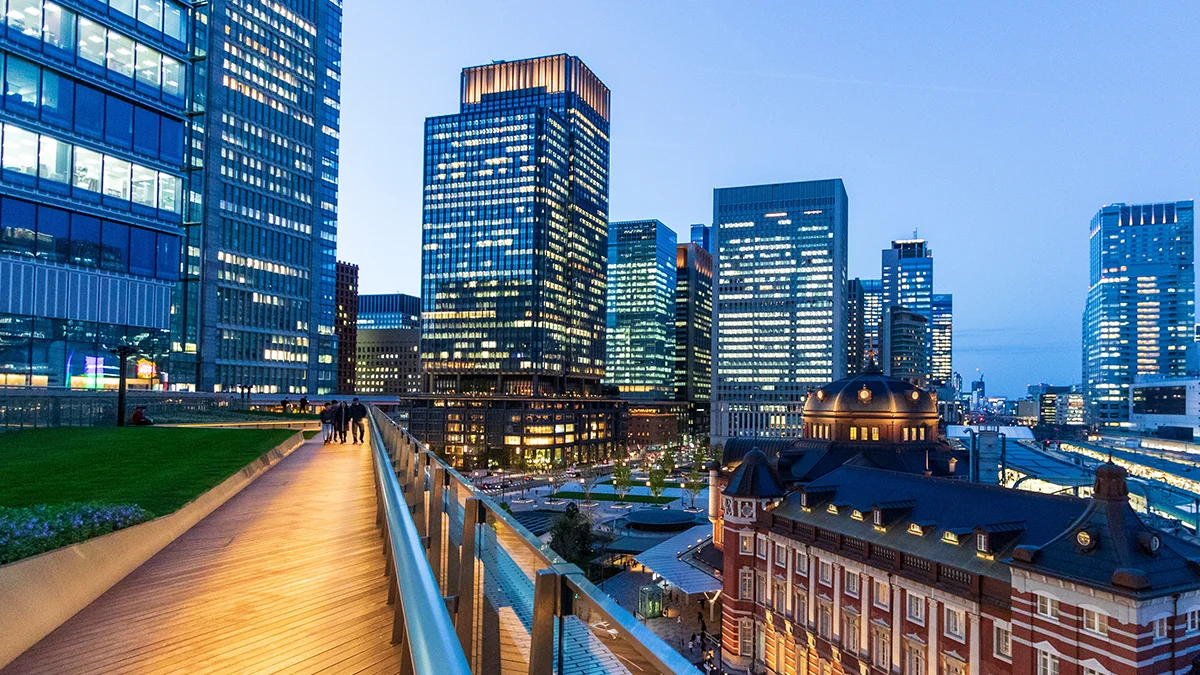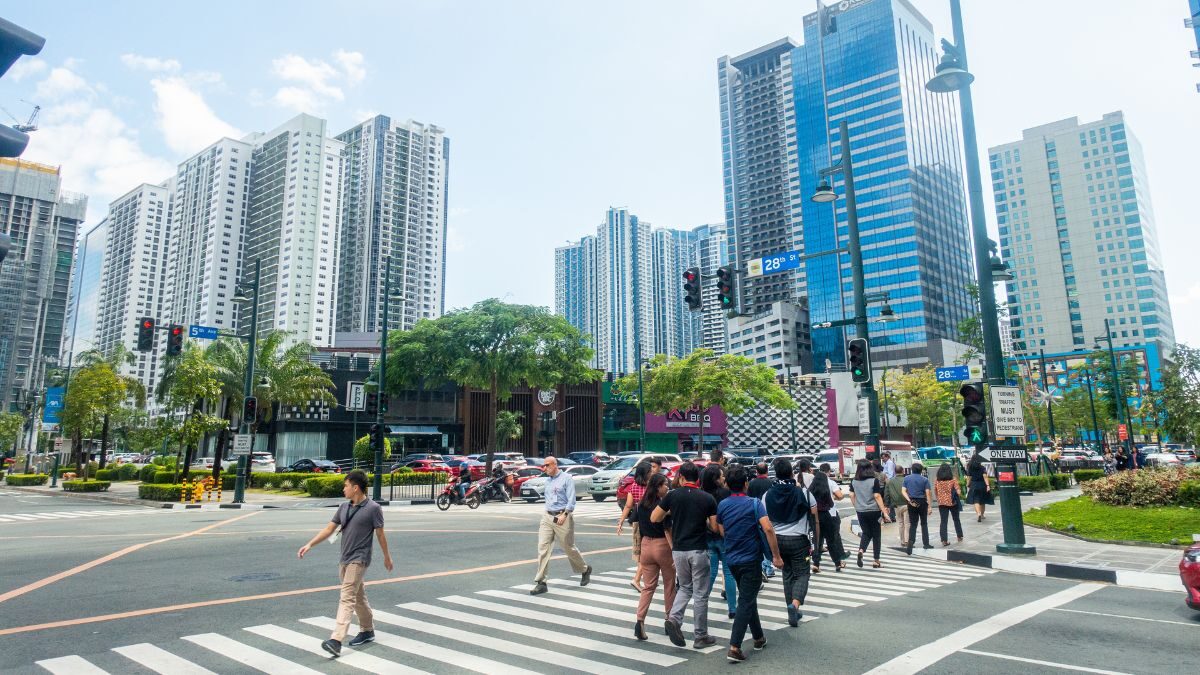(Re)in Summary
• Insurers must adopt new technology and foster supportive cultures to navigate volatility, said experts at EAIC 2024.
• Neal Baumann of Deloitte says industry is on verge of a “new golden age” if it embraces change and meets rising client and regulatory demands
.• Kai-Uwe Schanz of The Geneva Association highlighted risks, including geoeconomic fragmentation and geopolitical threats, stressing the need for insurers to invest in technology.
• Clarence Wong of Peak Re noted says emerging Asia has shown economic resilience but still faces significant insurance protection gaps in health, mortality, and cyber risks.
• Insurers have opportunities to initiate positive change, particularly in addressing climate change and embracing technological advancements.
Insurers will need to adopt new technology to more effectively navigate market volatility while simultaneously fostering a culture that facilitates the successful deployment of technological solutions, said panellists at the East Asian Insurance Congress in Hong Kong on Wednesday (Sep 25).
The industry is on the verge of a new transformative era, a “new golden age”, said Neal Baumann, Global Financial Services Industry Leader at Deloitte. “We’re at the cusp, if we choose to embrace it, of a new golden age of insurance, where the relevance and what we can achieve is heightened,” Baumann said. “It’s just up to us to be able to embrace it and be better.”
Growth has gotten harder for many insurers in Asia and elsewhere, as the post-pandemic environment is far more complicated, Baumann said. “Our clients demand more, whether our clients are consumers or corporates, and our regulators expect more,” he said.
Neal Baumann
Global Financial Services Industry Leader at DeloitteReal issues around inflation and supply chains are increasing the cost of claims, with climate change being the big problem in the background. “Even in Asian countries that are on the more emergent curve, where we have a very broad and deep underinsured population, even that’s hard. It’s a complex, complex calculus,” he said.
Geoeconomic fragmentation is also posing risks to global, national and corporate resilience, requiring insurers to adapt, said Kai-Uwe Schanz, deputy managing director and head of research and foresight at think tank The Geneva Association.
“At the global level, with a decline or the erosion of multilateralism, it becomes increasingly more difficult to take collective action on existential threats that mankind is facing,” Schanz said. “Climate change is one example, cybersecurity and pandemic preparedness as well.” The world as a whole might become a less resilient place.”
Schanz also cited geopolitical threats as a risk to resilience. “Companies who operate internationally, especially in geopolitically distant jurisdictions, are facing increased exposures,” he said.
Kai-Uwe Schanz
Deputy MD and Head of Research and Foresight at The Geneva AssociationInsurers would not be able to solve for this complexity without investing differently in technology, said Deloitte’s Baumann. “We’ve just got to get better as organisations around our mindset and our culture and our ability to have organisations that are dynamic and able to change, so we are able to successfully deploy that technology,” he said.
Emergent technologies like generative AI can potentially change the yield curve or the enterprise economic curve or productivity curve, if insurers can master them. “I think technology is super important, but it’s not just the technology available. It really is our ability as an industry to adopt and adapt the change culture to successfully execute them,” said Baumann.
Revisiting how insurers would do strategic planning and scenario planning would be a start , Baumann added. “If we do that, we start to make different and tougher priorities around investments, where we’re going to deploy capital, how we’re going to manage our client and product portfolios, how we’re going to invest in technology,” he said.
Asia much more resilient, but gaps remain
Despite these risks, emerging Asia has demonstrated much more progressive resilience against external shock, said Clarence Wong, Peak Re’s Chief Economist, given Asia’s economic rebound post-pandemic. “There is very clear evidence that Asian, particularly emerging Asian, markets, are more resilient economically,” Wong added.
But Asia’s economic resilience has yet to translate into resilience against insurance risk, Wong said, and the region still has massive protection gaps in health, mortality and cyber, running into the trillions of dollars.
Insurers have to be careful to not disintermediate themselves as an industry when they call for public-private partnerships, even as they try to close the nat cat protection gap, Schanz added. They will also have to deal with the ongoing protection gap in cyber, as large scale attacks on infrastructure could cause trillions of dollars in losses.
“Frankly, the progress we made is shockingly disappointing for various reasons,” said Schanz. “Let’s be assertive. Let’s try to play a constructive and powerful role.”
Neal Baumann
Global Financial Services Industry Leader at DeloitteInsurance companies possess the capability to initiate and coordinate constructive initiatives to drive positive change, said Baumann, especially when it comes to climate change. “Climate is a complex, socio-political dimension, but I really do believe passionately that all the insurance leaders in this room with a little bit of creativity have pathways to actually make an impact around that,” he said.
Ultimately, insurers — deep in the risk business — should stay ahead of risk and embrace technology. “We’re moving into a world where, yes, it’s complicated, but isn’t a complicated environment where insurance companies should shine?” said Baumann. “That’s what we bring to our customers and our marketplaces.”
























